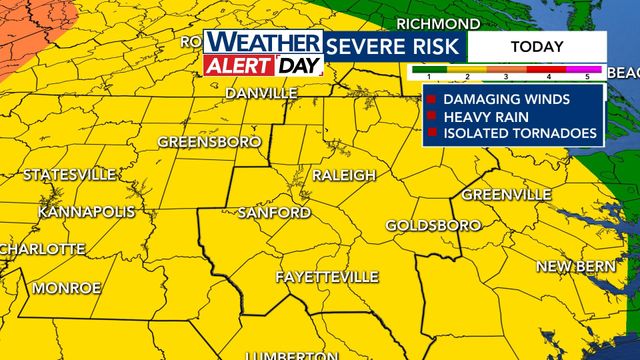SAG-AFTRA strike: All eyes on actors union following tentative deal between studios and writers

(CNN) — Now that the Writers Guild of America (WGA) has reached a tentative agreement with the Alliance of Motion Picture and Television Producers (AMPTP), the trade association representing major Hollywood studios, all eyes have turned toward SAG-AFTRA, the union representing about 160,000 actors.
While late night and talk programs like “The Tonight Show” and “The Talk” can return once the WGA deal is ratified by rank-and-file union members, the Hollywood machine cannot fully function until the AMPTP resolves its dispute with the actors union.
The tentative WGA deal increases pressure on SAG-AFTRA to reach an agreement along the same lines, although the actors union still has enough leverage to keep productions shut down. The studio’s resolution with WGA will likely pave the way for a deal with SAG-AFTRA within the next few weeks.
“The key issues will likely be resolved by late October, if not sooner,” said Tom Nunan, a former television executive and film producer. “Historically, the writers guild has been at the forefront when it comes to protecting artists as the industry evolves and transforms. The writers guild was going to fight the big fight, and the actors will use the gains writers made and customize them for their needs.”
SAG-AFTRA has been on strike since July 14, joining the fray a little more than two months after the writers strike began. Since then, the two unions have seemed to operate in lockstep with each other.
In a statement posted Sunday on social media site X, the actors union congratulated their “union siblings who serve on the WGA Negotiating Committee.”
“We applaud your dedication, diligence and unwavering solidarity over the last 5 months and are proud to stand shoulder to shoulder with you as creative partners in the entertainment industry,” the statement continued. “We look forward to reviewing the terms of the WGA and AMPTP’s tentative agreement. And we remain ready to resume our own negotiations with the AMPTP as soon as they are prepared to engage on our proposals in a meaningful way.”
SAG-AFTRA’s proposals are similar to WGA’s, particularly with regard to protections against artificial intelligence and residuals payments from streaming services for their work. A major issue for the actors union is a wage increase of 11% in the first year of the proposed contract term, while the studios have only agreed to a 5% pay raise.
The union is also seeking improved relocation expenses for productions that require actors to work out of state or country, as well as limited long breaks between television seasons in order to give actors more certainty and stability while they work.
SAG-AFTRA and the AMPTP have not responded to CNN’s request for comment.
According to Nunan, talks with the WGA will likely make studios more amenable to collaborative talks with SAG-AFTRA. He also noted that the economic winds have shifted to where the strike no longer benefits management.
“It’s pretty startling to realize that studios only needed five days to wrap this up after we’ve waited 150 days. One has to look at the situation and ask, ‘Did the studios want this to happen? What short term benefits were they getting?’” said Nunan. “They were really in the red, and they needed to pull back and contract. So in many ways the strike played right in the media companies hands because they were able to incur tremendous savings. They knew if they could sweat out a strike they would make Wall Street very happy.”
Studios also counted on a huge economic boom once the strikes are eventually resolved. Once both unions have ratified their respective agreements, there will be an intense scramble as the production pipeline is unclogged.
“Everyone needs to stock up on their Advil and Aleve,” said Nunan. “It’s going to create a massive series of headaches for folks who are clamoring for the same crews, personnel and actors. It’s going to be a tidal wave of production demand that will really pick up in early 2024, after the holidays.”
The-CNN-Wire™ & © 2023 Cable News Network, Inc., a Warner Bros. Discovery Company. All rights reserved.









